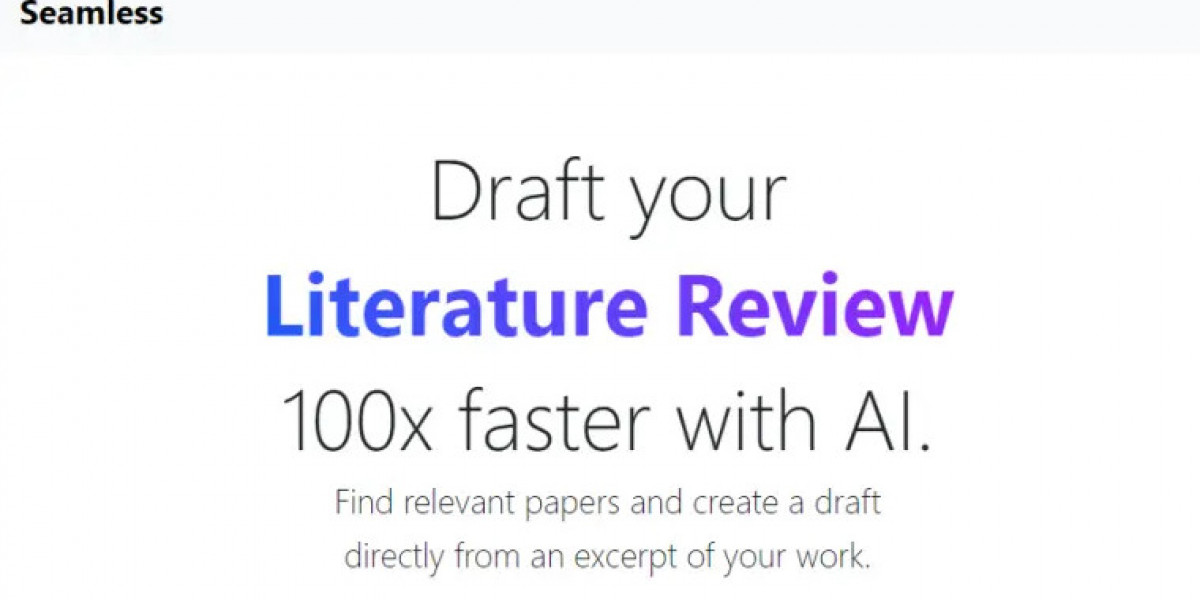In the fast-paced world of academia, students and researchers are constantly under pressure to absorb, analyze, and produce large volumes of information. The sheer amount of data involved in any meaningful research project—from literature reviews to citation management and data organization—can be overwhelming. But thanks to the advancement of artificial intelligence and machine learning, academic research automation tools are stepping in to lift some of that burden. These tools are not about replacing the researcher; rather, they empower users by automating repetitive and time-consuming tasks, allowing more time and energy for critical thinking and creativity. As these technologies evolve, they are dramatically reshaping the research landscape in favor of smarter, more efficient study.
Cutting Through the Clutter of Literature Reviews
One of the most labor-intensive aspects of academic research is conducting a comprehensive literature review. Manually sifting through hundreds of papers to identify relevant studies, extract data, and make sense of existing theories is both tedious and time-consuming. Automation tools, however, are making this process significantly more efficient. AI-based platforms can now scan digital libraries, academic journals, and open-access repositories to identify the most pertinent research based on keywords, topics, or even entire abstracts. These tools go beyond simple keyword searches; they can recognize thematic relationships between papers, group similar findings, and even highlight contradictory results. This means researchers can gain a more nuanced understanding of a field in a fraction of the time it used to take.
Automating Note-Taking and Data Extraction
For many students, taking notes during research is a balancing act between capturing enough detail and maintaining focus on comprehension. Academic research automation tools help eliminate this friction by automatically summarizing texts, extracting key data points, and organizing information into digestible formats. With the help of AI, these tools can even highlight specific methodologies, results, and conclusions across multiple studies. Some platforms also allow users to annotate documents collaboratively or integrate notes directly into reference management systems. This not only improves organization but also ensures that no important insights are lost in the chaos of manual note-taking. Ultimately, automation fosters a smoother workflow, letting users stay engaged with the content rather than just transcribing it.
Managing Citations Without the Headache
Citation management is another area where automation tools shine. Whether using APA, MLA, Chicago, or any other style, correctly formatting citations is a frequent source of frustration. Research automation tools equipped with citation generators can instantly create accurate references, manage bibliographies, and integrate with word processors to add inline citations with one click. More advanced tools can scan PDFs, extract citation data, and automatically format them in the required style. Some even suggest citations based on the content you're writing, making the process nearly seamless. This precision not only saves time but also reduces the risk of accidental plagiarism, ensuring that every source is properly credited.
Streamlining Collaboration and Version Control
In today's academic environment, collaboration is more important than ever. Whether working on group projects, joint research papers, or cross-institutional studies, managing collaboration can be challenging. Automation tools provide centralized platforms where team members can share research materials, assign tasks, track revisions, and provide feedback—all in real time. Tools with built-in version control make it easy to revert to previous drafts or track changes across contributors, ensuring a transparent workflow. When paired with cloud-based storage, these tools also ensure that data is accessible from anywhere, promoting flexibility in how and where students and researchers work. By automating these administrative elements, teams can focus on producing high-quality research instead of managing logistics.
Boosting Efficiency in Academic Writing
Once the data has been gathered and organized, the writing phase presents its own set of challenges. Writer's block, structural confusion, and clarity issues often slow down the process. Academic research automation tools now offer intelligent writing aids that analyze grammar, tone, and structure while suggesting real-time improvements. More advanced platforms can help with paraphrasing technical content, checking for coherence, and ensuring that your arguments follow a logical progression. Some even offer predictive text features that anticipate the next sentence based on your topic. While these tools don't replace the need for careful thought and originality, they certainly enhance productivity and polish, especially under tight deadlines.
Leveraging AI for Research Discovery
Beyond organizing and synthesizing existing knowledge, AI tools are also facilitating the discovery of new research directions. By analyzing patterns, trends, and gaps in the literature, some platforms can suggest unexplored questions or propose future study areas. This is particularly useful for students embarking on thesis projects or researchers aiming to find a unique angle. Additionally, AI-powered databases can alert users to newly published articles that align with their field of interest, ensuring they stay up to date with the latest findings. These predictive and proactive features help researchers not only navigate existing knowledge but also contribute to it more meaningfully.
Preparing for the Future of Learning and Research
As automation becomes more deeply integrated into academic research, the nature of learning itself is shifting. Students and scholars are no longer judged solely on how quickly they can comb through data or generate citations. Instead, critical thinking, synthesis, and interpretation are becoming the most valuable academic skills. Automation tools free up cognitive space for these higher-level tasks by handling the mechanical parts of the research process. Looking ahead, we can expect even more personalized and adaptive tools—systems that learn from user behavior, tailor content recommendations, and adapt to different research styles. Far from diluting the research experience, these tools are enhancing it by allowing us to do more with our time, energy, and intellectual curiosity.










